Nikola Tesla’s reputation has long outlived him and, if anything, has grown in recent years. Professor Iwan Rhys Morus’s biography is a valuable and readable addition to the literature on Tesla, linking his successes and failures to the cultural values of the time in which he lived. Tesla understood the power of image and media in the United States, which he used to further his ambitions. In the end, however, Tesla proved unable to fulfill the huge expectations he created for his ideas about electricity. Tesla represents a cautionary tale of the solitary genius, and this may be a pertinent lesson for our own time.
Nikola Tesla was born at a time of rapid technological change in Europe.
Nikola Tesla was born in 1856 in the Austrian Empire, into a religious and academic family. He showed interest in the new technologies of the time, especially electricity and its applications. He wanted to be an inventor, and with his father’s permission, he attended the Technical College in Graz to study engineering. Following further studies in Prague, Tesla worked as a telegraph engineer in Budapest in 1882. As a promising employee with theoretical and practical knowledge of electrical power and infrastructure, he took a position with Thomas Edison’s company in Paris after his studies. Tesla then obtained an offer in the United States.
Public fascination with the promise of electricity was high.
In the latter half of the 19th century, Europe’s capitals hosted great exhibitions that focused on new innovations in industry and technology. The Great Exhibition in London in 1851 set the stage for a series of highly successful exhibitions in Vienna and Paris during Tesla’s early life.
The invention of the induction...










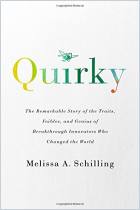
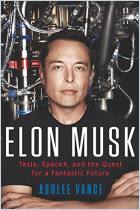
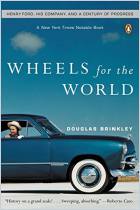
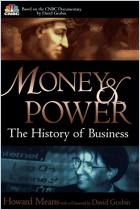
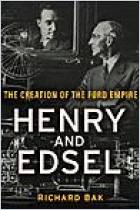


Comment on this summary